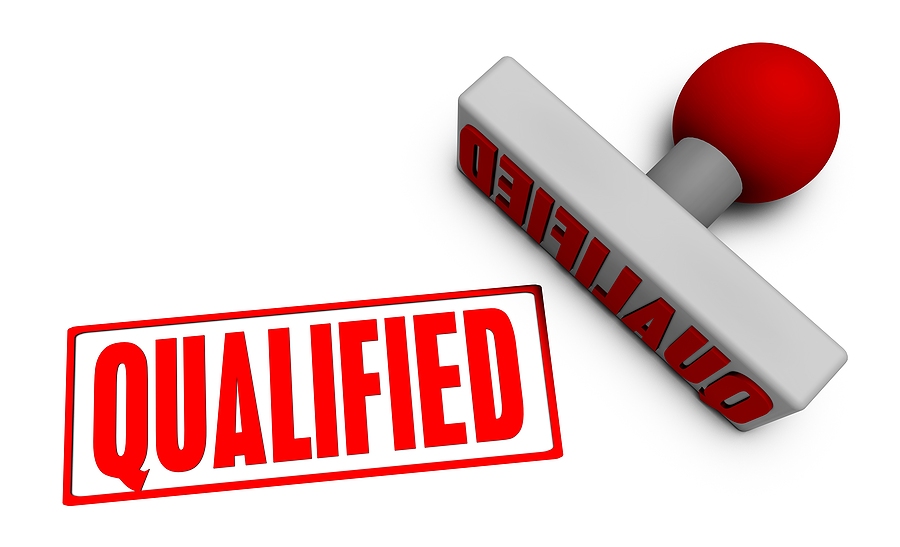Are you ready to turn over a new leaf? A criminal record can be a significant barrier to employment and other life opportunities. But don’t lose hope—clearing your criminal record could be the key to unlocking a brighter future. This comprehensive guide will walk you through the criminal record clearing process, offering practical advice and tips to help you every step of the way.

The Impact of a Criminal Record on Employment and Life Opportunities
Having a criminal record can feel like a heavy burden. It affects your ability to secure a job, get housing, or even pursue further education. When employers conduct background checks, a criminal record often stands in the way of proving your capabilities and character. Many people with criminal records feel stuck, unable to move forward or seize new opportunities.
Fortunately, there are legal avenues like expungement and record sealing that can help you start anew. This blog post aims to guide you through these processes, empowering you to take the necessary steps toward a fresh start.
Understanding Expungement and Record Sealing
What is Expungement?
Expungement is a legal process that removes a criminal conviction from your public record. Once your record is expunged, it’s as if the crime never occurred. This means that potential employers, landlords, and educational institutions will not see the conviction when they run background checks.
What is Record Sealing?
Record sealing, on the other hand, doesn’t remove your criminal record but restricts access to it. The record remains in the system but is hidden from public view. Only certain individuals and entities, such as law enforcement agencies, can access sealed records.
Eligibility Criteria and Exceptions
Not everyone is eligible for expungement or sealing of their records. Eligibility is dependent on many factors, including the type of the offense, the time elapsed since the conviction, and whether you’ve met the terms of your sentence. Violent crimes and serious felonies are often ineligible for these processes. Always consult an expungement lawyer to determine your specific eligibility.
Steps to Clearing Your Record
Starting the Process
The first step to clearing your criminal record is understanding the legal requirements in your jurisdiction. Different states have different laws regarding expungement and record sealing. You may need to check local regulations or consult with an expungement lawyer for accurate guidance.
Required Forms and Documents
Gather all necessary forms and documents before starting the process. This typically includes:
- A copy of your criminal record
- Court records
- Proof of completed sentences, such as parole or probation reports
- Personal identification documents
Filing the Petition
Once you have all the required documents, you’ll need to file a petition for expungement or record sealing with the appropriate court. This process often involves completing detailed forms and paying a filing fee. An experienced expungement attorney can help ensure that your petition is completed accurately and timely.
The Waiting Game What to Expect
Timelines for Expungement and Sealing
The expungement or record sealing process can take several months to complete. The timeline varies depending on the complexity of your case and the workload of the court handling your petition. Be prepared for a potentially lengthy wait.
Staying Patient and Positive
Clearing your criminal record is a significant milestone, but it requires patience. While waiting, focus on self-improvement activities like job training, education, or volunteer work. Staying positive and proactive can make the waiting period more bearable and rewarding.
Navigating Employment with a Criminal Record
Strategies for Job Hunting with a Record
Job hunting with a criminal record can be challenging, but it’s not impossible. Here are some strategies to improve your chances:
- Focus on Employers Open to Second Chances: Some companies specifically aim to hire individuals with criminal records.
- Be Honest: If asked about your record, be honest and focus on how you’ve changed and what you’ve learned.
- Highlight Your Skills: Concentrate on your skills, qualifications, and any positive experiences you’ve had since your conviction.
Legal Rights and Employer Considerations
Understand your legal rights when applying for jobs. Some states have “Ban the Box” laws, which prohibit employers from asking about criminal records on initial job applications. Knowing your rights can help you approach the job market with confidence.
Conclusion
Clearing your criminal record is a powerful step toward reclaiming your life and seizing new opportunities. By understanding the steps, remaining patient, and seeking professional help, you can successfully clear your record and unlock new opportunities for personal and professional growth. Whether you seek employment, education, or simply want to move on from your past, expungement and record sealing can open doors that were previously closed.
Ready to start your journey toward a brighter future? Contact our law firm today for professional assistance with your criminal record expungement and record sealing needs in Indiana. We’re here to help you take that crucial step toward a second chance. Our fees start as low as $850, and we never charge for initial consultations.
Related Posts:
Navigating Indiana’s Expungement Maze: Limitations and Opportunities
Indiana’s Criteria for Criminal Record Expungement
A New Road Ahead: Tips for Cleaning Up Your Criminal Record









